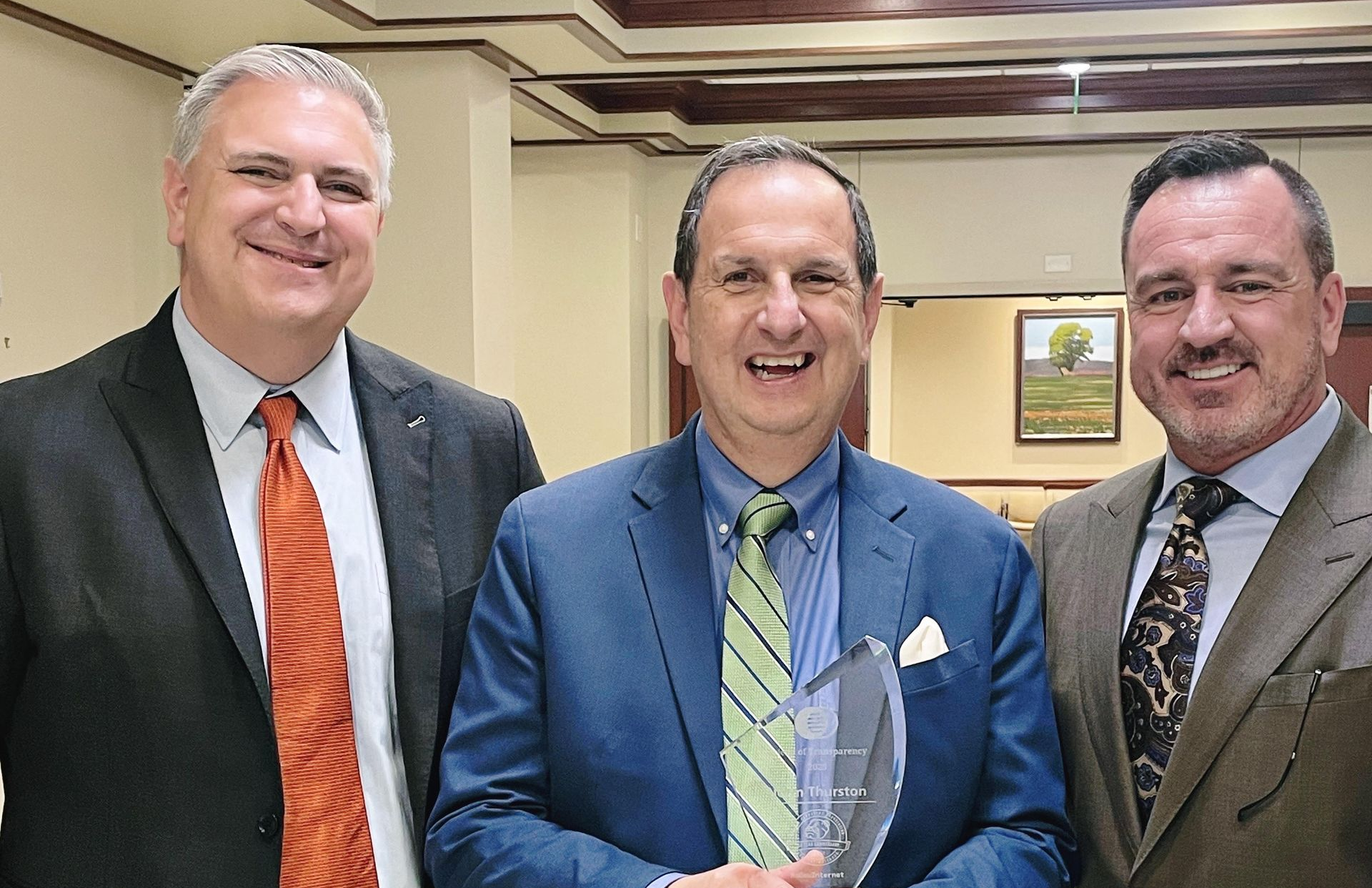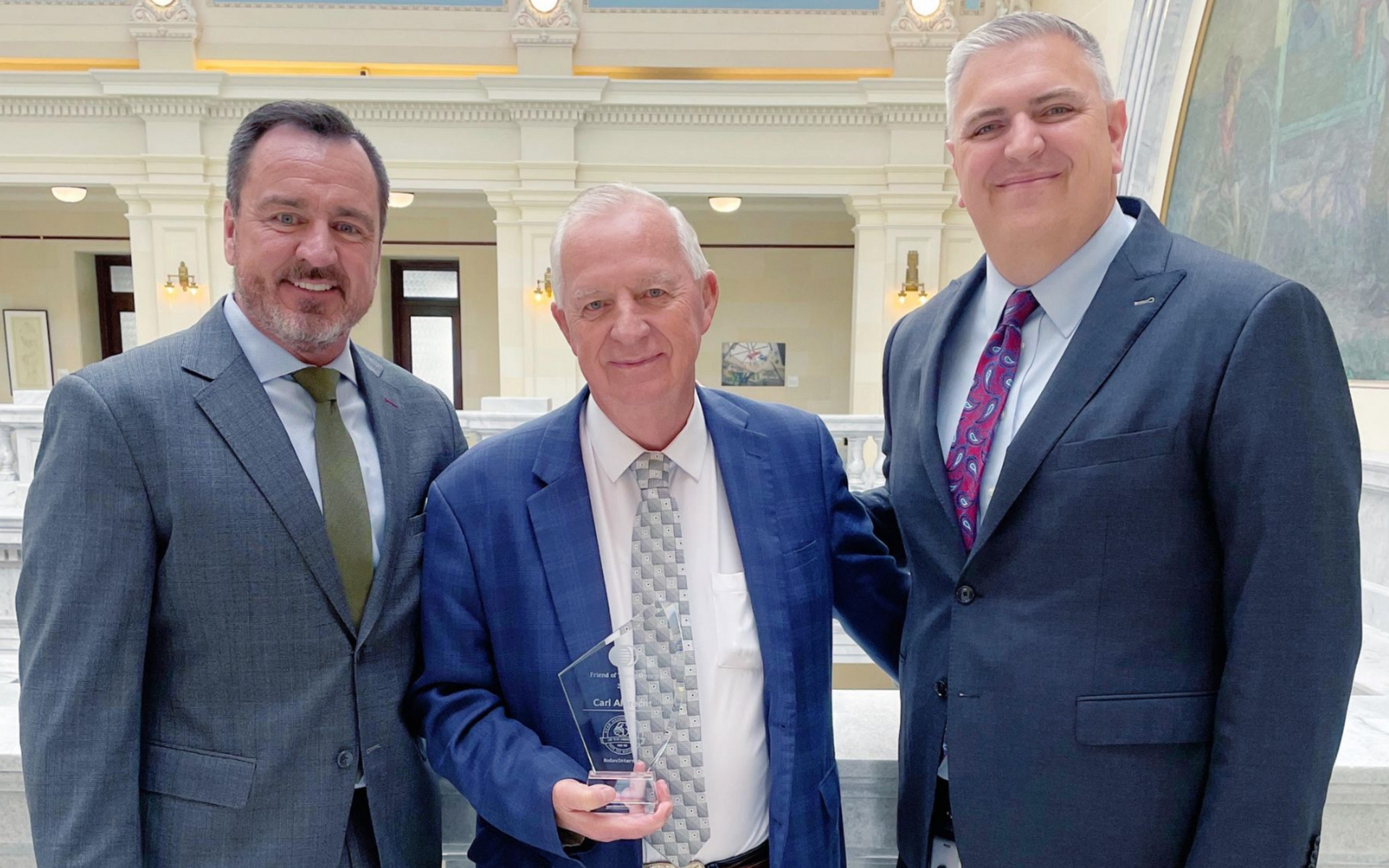NoGovInternet Launches Campaign Against Government-Owned Broadband in Utah
Today, NoGovInternet.com announced a campaign to defend Utahans from the unneeded, unwanted expansion of government-owned networks like UTOPIA. City-run networks put taxpayers, city budgets, bond-ratings, and consumers at risk.
In a press statement, the campaign said, “The track record of these government-owned networks is disrupted service, higher taxes and fees, lower government bond ratings, years-long wait times, and fleeced taxpayers. Oftentimes, these assets are sold off to private companies for pennies per tax dollar invested.”
“Despite the failure of these city-owned networks, some bureaucrats and politicians continue to seek city, state, and federal tax dollars on a big-government agenda to own the network.’ When government owns the network, it also owns the internet. This is an affront to our principles of free market capitalism and poses a threat to our individual liberties and personal freedoms.”
“Over the course of the next six weeks, we will run a seven-figure statewide media campaign to educate the public on the failure of these government-owned networks and the dangers of a government-owned internet. We are appealing to citizens, activists of all political parties, elected officials, thought leaders, think tanks – indeed, everyone who believes that the private marketplace is more reliable, capable, and dependable to manage a free, safe and secure internet than cities and government bureaucracy.”
No Gov Internet’s first television ad can be viewed here: “Not What They Do”
More information is available at NoGovInternet.com.









